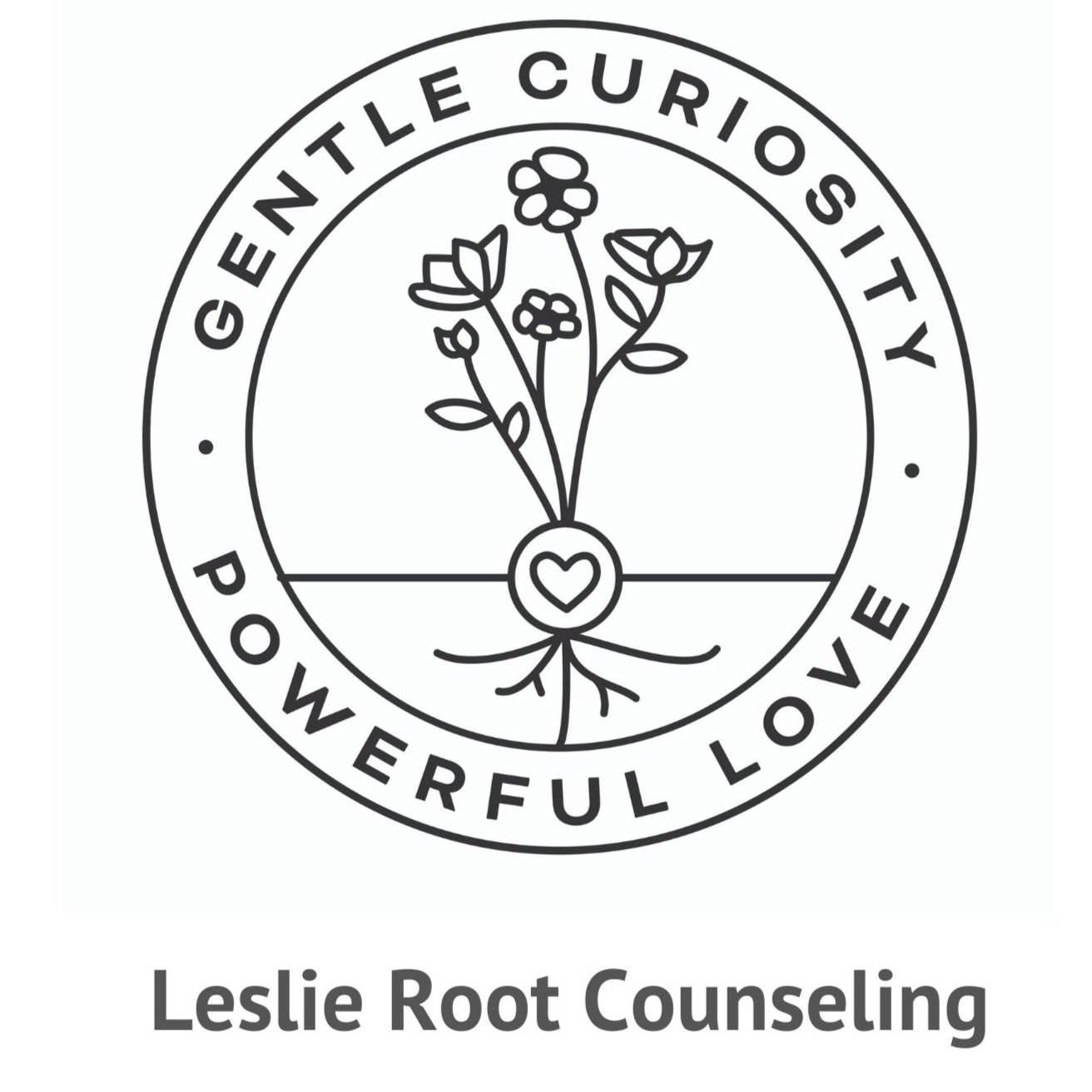Cycle of Love Addiction
The Love Addicts Attraction to what is familiar:
We are taught how to have intimacy and attachment by our family, specifically our primary caregivers; mom and dad. How our parents relate to us, our siblings, and each other, becomes very familiar to us as children. It creates a template for future relationships and intimacy. As we grow up and look for our own partner we are attracted, unconsciously or consciously to what we know and are familiar with.
Most of us did not get all the things we need when we needed them, many of us had large gaps in intimacy, relatedness, and very little guidance on how to identify our needs and find healthy ways to get them met. As a result of family of origin teachings, we learned to be quiet, alone, needless or wantless. By doing so we were rewarded. We were not told we were not a bother by our parents, and as a result of such conditioning we later unconsciously attract people with similar unconscious patterns of disconnected attachment.
The people we are attracted to usually are involved in one or more addictions. They may appear on the outside to take care of themselves because the are so “busy” and “intense”. In reality we choose the very people who don’t have the time or desire to provide us with healthy connections, those who do not prioritize the relationship over outside addictions such as work, alcohol, busyness, gambling, sex etc.
Abandonment in childhood by early caregivers in many forms fuels the message for love addicts that they are not worth being with. As a result love addicts find people who are walking away from them as very attractive. Attempts to resolve the issue of self-esteem are played out in relationship with the hope that what we could not solve as children-making the abandoning person connect with us - can now be achieved. We can finally balance the ledger and restore our own sense of preciousness, of worthiness by fixing what could not be fixed in our childhood.
The Way Out
Love addiction, like other addictions, does not have a “quick fix” we do not get better before we thoroughly examine our lives, our relationships and our realities. Boundaries are blurred, self-esteem is non-existent and acknowledging our needs and wants becomes almost impossible. We are sick, and powerless to improve our lives without the support and help of others. I have yet to see an addict recover on their own, we heal through experiences with others. The support of a therapist, 12-step groups and personal recovery planning are needed to successfully incorporate healthy love into our lives. Reprogramming our experience of relationships is necessary to have fulfilling, authentic love in our lives.
